
Top 10 innovations that will help the world to cut CO2 emissions
The Innovation for Cool Earth Forum (ICEF) has selected their “Top 10 Innovations” in energy and climate change mitigation, highlighting the most notable recent measures

The Innovation for Cool Earth Forum (ICEF) has selected their “Top 10 Innovations” in energy and climate change mitigation, highlighting the most notable recent measures

A book, a multimedia project, a journey to reveal what is happening behind the scarcity of water resources, and how climate change plays a decisive role.
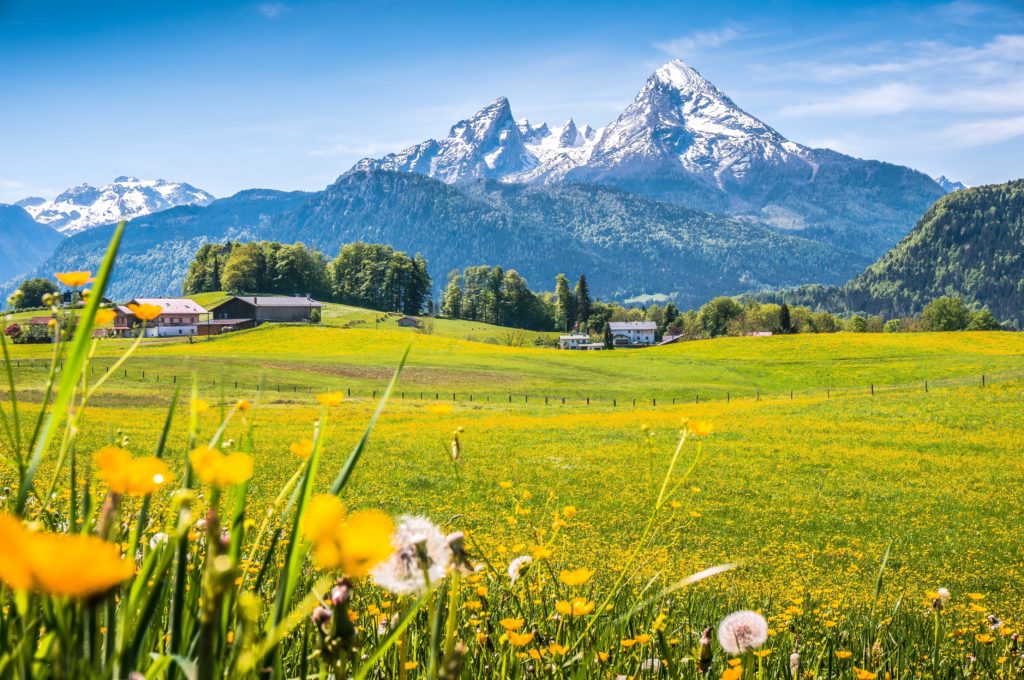
Intensification of agriculture and forestry, climate change, resource extraction, invasive alien species, and pollution are driving biodiversity loss and the reduction of nature’s contributions to
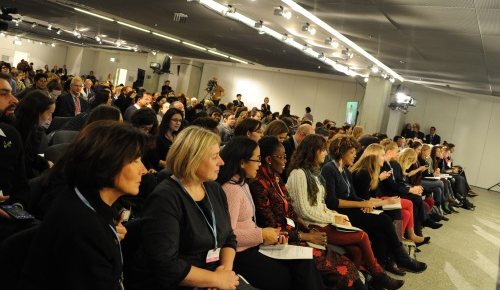
Data show the role of women is still limited in climate research and international climate institutions. However, initiatives are increasing to make decision-making processes more inclusive and gender-responsive.
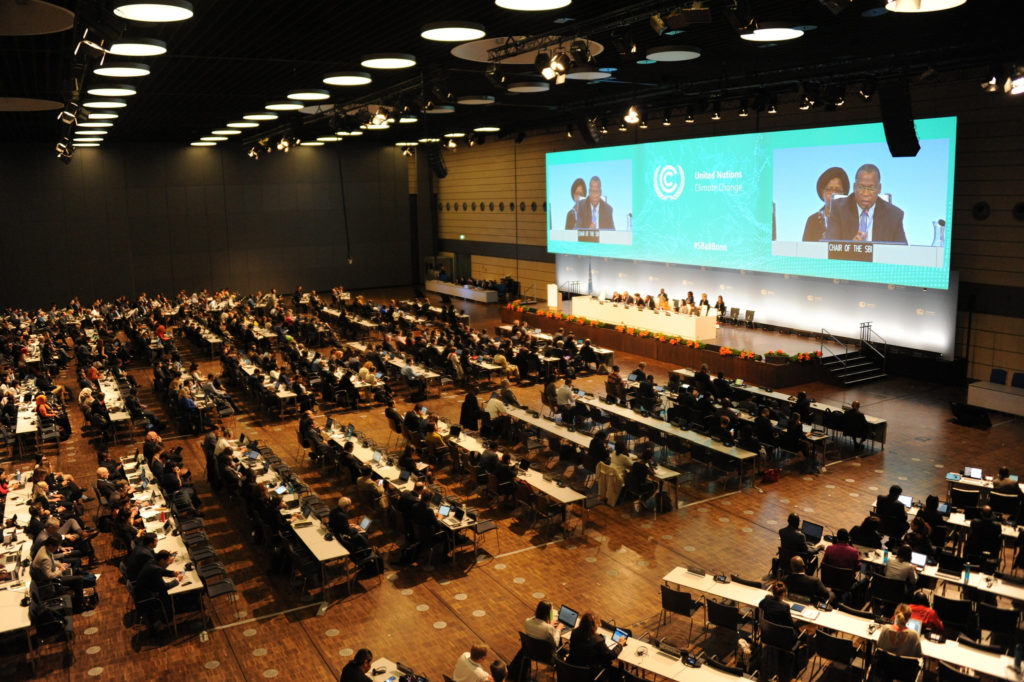
May session of UN climate negotiations closed in Bonn with slow progress on the operational guidelines of the Paris Agreement, due to be finalized and
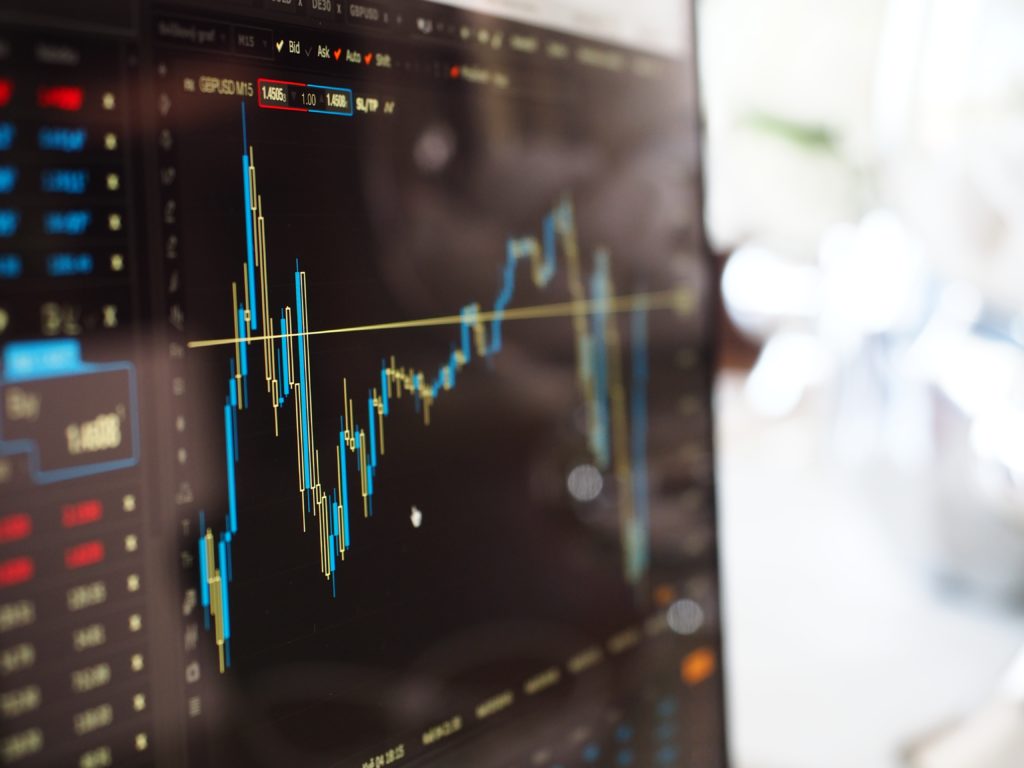
Climate finance is among the most disputed issues during UNFCCC negotiations and the halfway climate talks taking place in Bonn this May made no exceptions.
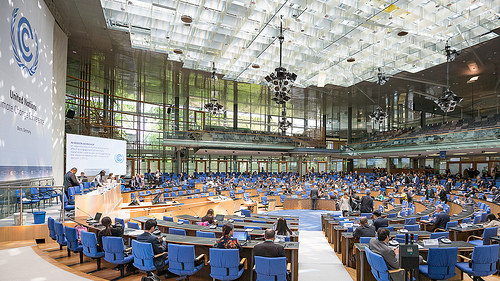
The Paris climate deal agreed in 2015 has set a new cycle for climate change policy. Among the several new mechanisms (many of which still to be settled down), the increasing engagement of non-Party stakeholders in the decision-making process it is a hallmark of the new course.

The International Maritime Organization (IMO) adopted a resolution that sets the target of cutting carbon dioxide emissions in shipping by 50% before 2050, and the complete decarbonization
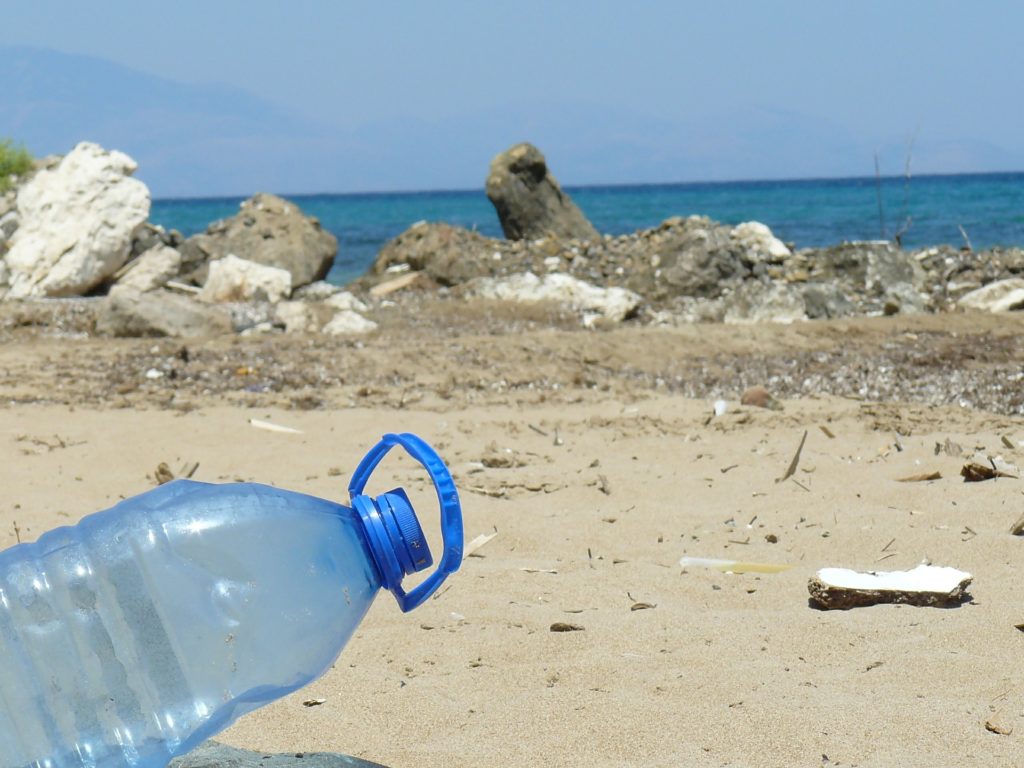
What are the main trajectories of plastics at sea? Where do plastics come from, and where do they accumulate? A research realized in the framework of AMAre project and lead by CMCC researcher Svitlana Liubartseva identified the transport and fate of plastic marine debris in the Mediterranean Sea with the aim to find solutions to this key issue.

Available the paper preview summarizing the views submitted on the elements included in the Koronivia Joint Work on Agriculture (KJWA) and the process foreseen for the implementation of this joint work. Request a copy of the draft summary, and share your inputs by 20 May 2018. On May 3, 2018, join also the event “Koronivia for Climate Action: raising ambition through agricultural sectors”

The Global Covenant of Mayors for Climate and Energy has grown over the past two years, having merged its European and global networks in 2016,
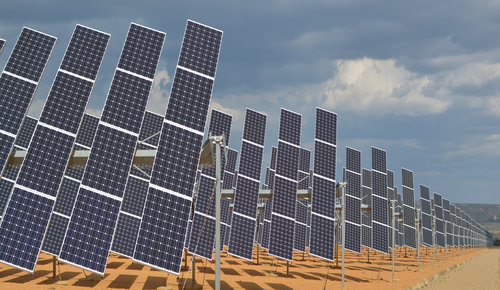
2017 was a strong year for renewable energy, as detailed in the new report The Global Trends in Renewable Energy Investment 2018, published on April